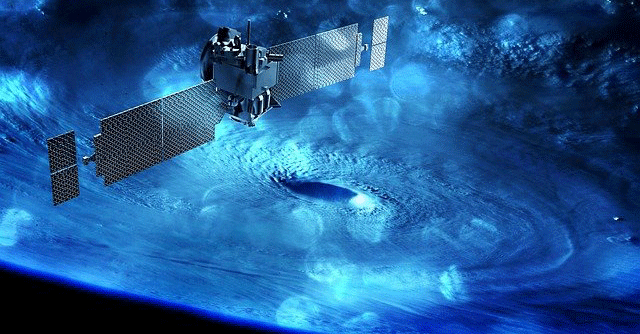
Indian space-tech startups bank on upcoming policy to reach global markets


Last week, the Indian Space Research Organisation (ISRO)’s Polar Satellite Launch Vehicle (PSLV)-C53 created history by carrying two private Indian space-tech startups to orbit – marking the first official public-private collaboration for the Indian space sector. Indian startups are banking on an upcoming space policy from the government, which will lead to more such collaborations and even expansions into the global market.
On June 10, Prime Minister Narendra Modi said that the space policy will be announced soon. The PM was speaking at the inauguration of the new headquarters for the Indian Space Promotion and Authorisation Centre (In-Space).
The policy is expected to define the role that private companies can play in space missions, provide access to infrastructure and services owned by the Indian Space Research Organization (ISRO), and more.

Prior to the government privatising the space sector in India in June 2020, private companies did not have access to central space infrastructure. With development of space components being an expensive affair, private entities in India were so far not involved in building products for the global space market. They also struggled to find funding, which in turn led to poor infrastructure on their part.
Sanjay Nekkanti, chief executive of satellite services startup Dhruva Space, said that the company is eyeing increasing demand for satellite manufacturing, launches and ground operations from around the world, which represents a $20 billion annual market opportunity.
“We have already received commercial satellite manufacturing and deployment orders worth $3 million from global companies, and we’re still at a very early stage for commercial space operations. We’ll be launching our micro-satellite aboard the next ISRO mission, the PSLV-C54, following which we expect to scale up commercial satellite orders to a bulk scale in the next 12-18 months,” he said.

To scale its operations, Dhruva is looking to tap existing infrastructure belonging to ISRO, namely the ISRO Nano Satellites (INS). Nekkanti said that this can help Dhruva build custom satellites based on an existing infrastructure, which will reduce cost.
Nano satellites such as the INS are affordable satellites that are typically deployed in low-Earth orbits, and carry small payloads bearing private scientific experiments. Such satellites are expected to contribute to a bulk of future satellite launches around the world.
Similarly, Bengaluru-based Bellatrix Aerospace is also in the fray to offer a range of satellite services to global customers. Yashas Karanam, chief executive of Bellatrix, said that the company offers two types of satellite services – which include an indigenous, electric satellite propulsion system, and a last-mile orbital connectivity for satellite deployment in orbit.

To build this, Karanam said the company has built local component sourcing for satellites with the aid of ISRO and small and medium enterprises (SMEs). It is also looking to work with private space operators like billionaire US-based SpaceX and Rocket Labs to further bring down the cost of satellite deployment. It will use a proprietary electric satellite propulsion system, which Karnam claimed can “significantly” reduce the cost of propulsion, thus making satellite launches more affordable.
At present, the average cost of satellite deployment with a private operator like SpaceX is around $1,200 per pound of payload, and $10,000 per pound for Rocket Lab. While there are no official figures available, industry experts said that ISRO’s PSLV costs about the same as Rocket Lab in terms of its per-pound cost of satellite deployment. India's startups are looking to reduce these costs by about 20-30%, with their services.
Another Indian space-tech startup, Astrogate Labs, is building a laser-based optical satellite communication framework for global deployment, which can help existing satellites upgrade data bandwidth and relay high throughput signals to ground stations, or for satellite-to-satellite communications. Nitish Singh, chief executive of Astrogate, claimed that demand for such services comes from global markets, and the company has expressions of interest (EOI) from European satellite operators.

Further, Anil Prakash, director general of SatCom Industry Association of India (SIA-India), an industry body, said that the upcoming space policy would define transfer of technology regulations, enabling private startups to use existing ISRO infrastructure and build on it. Which can streamline both costs and deployment time, and allow startups to scale.
